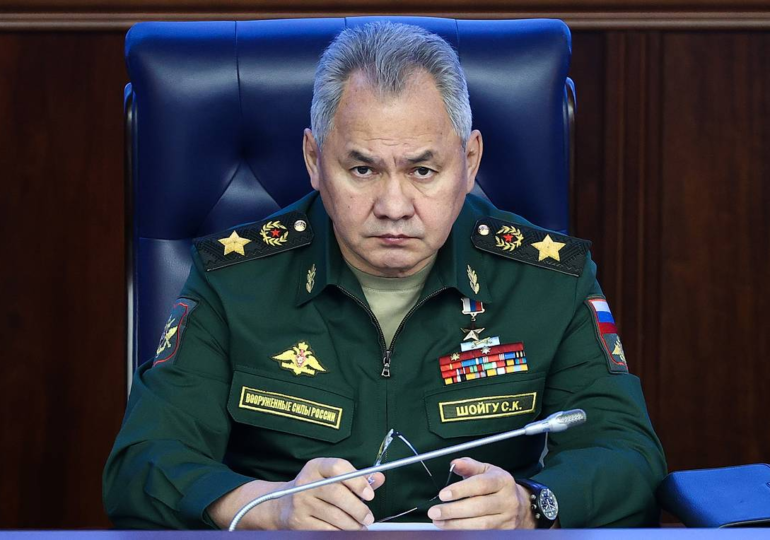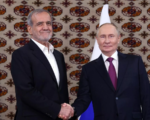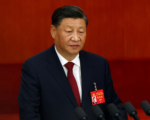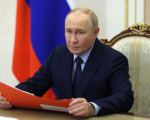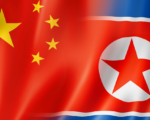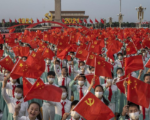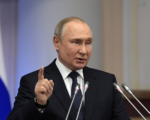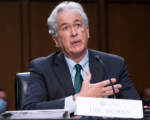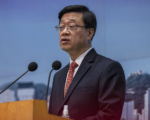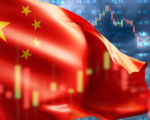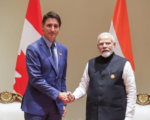Russia Defense Chief Touts ‘Common Understanding’ with China in Beijing Talks
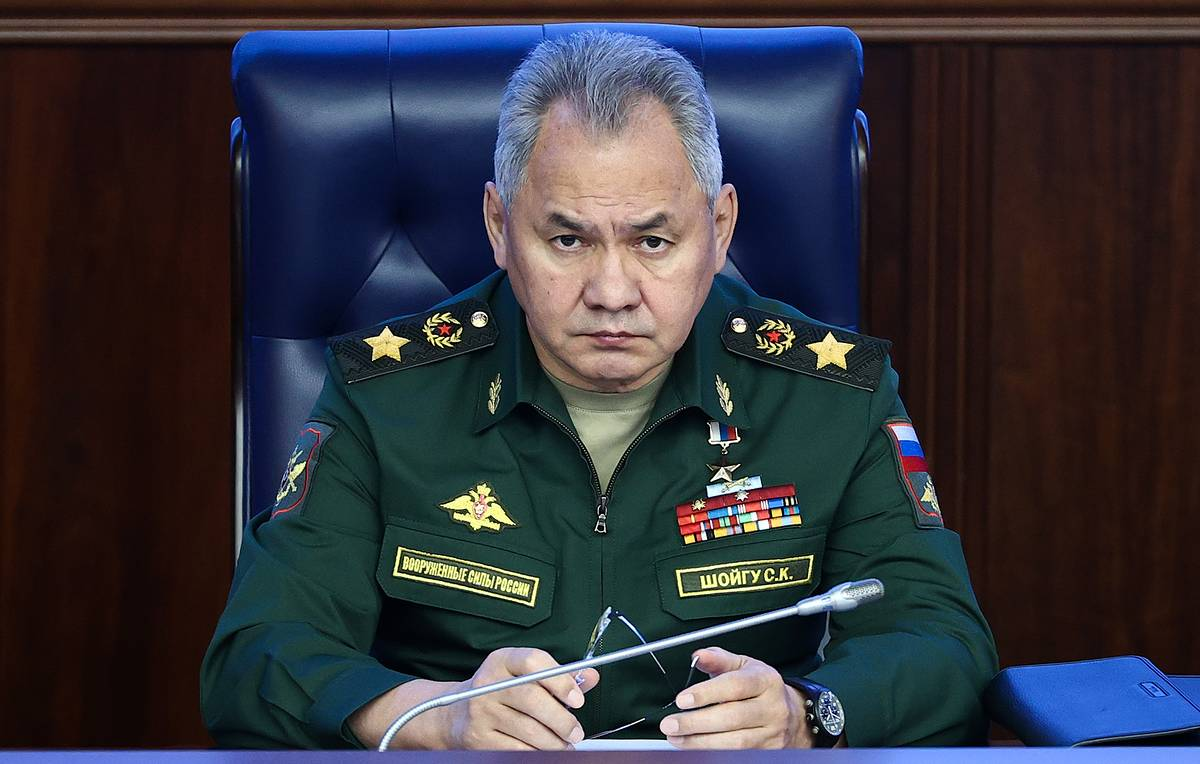
Russian and Chinese defense officials pledged to bolster their military cooperation during a series of meetings in Beijing this week, highlighting deepening ties between the two countries in the face of shared tensions with the West.
Russian Defense Chief Andrey Belousov emphasized the alignment between Russia and China, stating that the two countries share “common views, a common assessment of the situation, and a common understanding of what we need to do together” during talks with Zhang Youxia, vice chairman of China’s Central Military Commission. According to Russian state media Tass, the officials discussed plans to further “strengthen and develop” their strategic partnership.
Belousov’s visit, his first to China since his appointment in May, comes just ahead of an anticipated trip by Chinese leader Xi Jinping to Russia, where he is expected to attend a BRICS summit in Kazan next week. The BRICS group, composed of Brazil, Russia, India, China, and South Africa, has emerged as an economic bloc that Moscow and Beijing promote as a counterbalance to the US-led Group of Seven (G7).
Strengthening Military Relations
During the meeting on Tuesday, Zhang reiterated a familiar message from both Xi and Russian President Vladimir Putin, calling for deeper military cooperation. According to China’s Ministry of Defense, the two sides agreed to continue expanding military relations and emphasized their commitment to safeguarding each country’s national sovereignty, security, and development interests.
Belousov’s discussions in China also included talks with Chinese Defense Minister Dong Jun, and both sides stressed the importance of furthering joint military operations, particularly in light of recent security challenges from Western powers.
Growing Sino-Russian Security Cooperation
Russia and China have increasingly cooperated on security and military matters, staging numerous joint military drills in recent months. These actions are seen by experts as a way for both countries to show that they are not isolated, despite tensions with the United States and its allies.
The growing military coordination comes amid accusations from Washington that Beijing is assisting Russia’s war efforts by supplying dual-use technologies like microelectronics. China has defended its trade with Russia as “normal” and insists that it remains neutral in the ongoing conflict between Russia and Ukraine.
High-profile joint military activities in recent weeks include joint patrols by Chinese and Russian coast guards in the Arctic Ocean and anti-submarine warfare exercises in the northwestern Pacific Ocean. One notable joint exercise took place near Alaska, where US and Canadian forces intercepted Russian and Chinese bombers together for the first time.
This cooperation signals an effort to project military strength and unity as global geopolitical tensions rise, particularly over issues like the South China Sea, where Beijing asserts extensive territorial claims, and Taiwan, which China views as part of its territory despite the island’s self-governance.
Taiwan Tensions
Belousov’s visit to China coincided with a record number of Chinese warplanes flying around Taiwan during large-scale military drills. These drills were labeled as a “stern warning” by Beijing against pro-independence forces in Taiwan, just days after Taiwan’s new president, Lai Ching-te, vowed to defend the island’s sovereignty in a speech. China claims Taiwan as part of its territory and has increased military pressure around the island in recent years.
The growing security cooperation between China and Russia, paired with their military exercises near sensitive regions like Taiwan and Alaska, underscores the broader strategic alignment between the two countries as they face growing resistance from Western nations.
Broader Diplomatic Implications
Xi’s expected trip to Russia next week will be his second visit to the country since Putin launched the invasion of Ukraine in February 2022. This will mark the fifth face-to-face meeting between the two leaders during this period, highlighting their close diplomatic relationship amid global challenges.
The high-level meetings and intensified military cooperation between the two countries continue to draw close scrutiny from the US and its allies, particularly as they watch how China positions itself concerning the war in Ukraine and its broader ambitions in the Indo-Pacific region.





